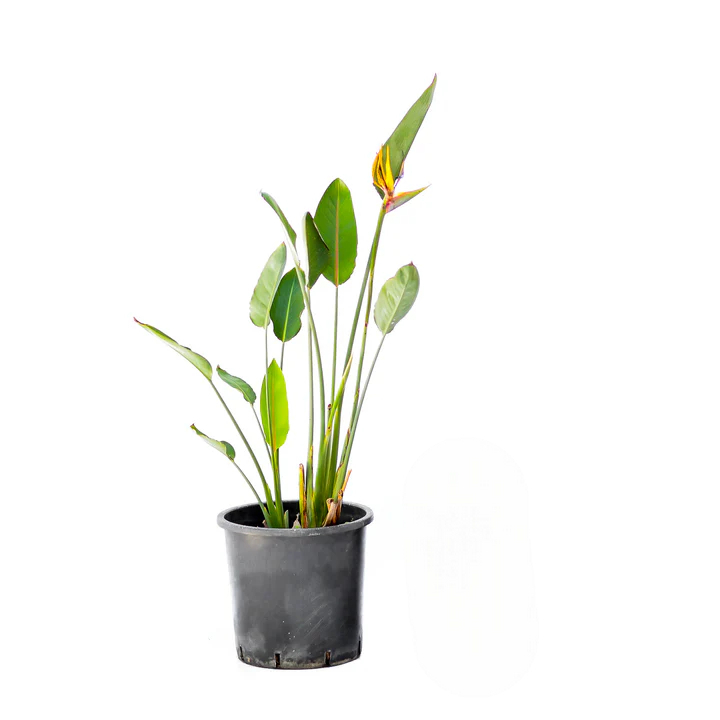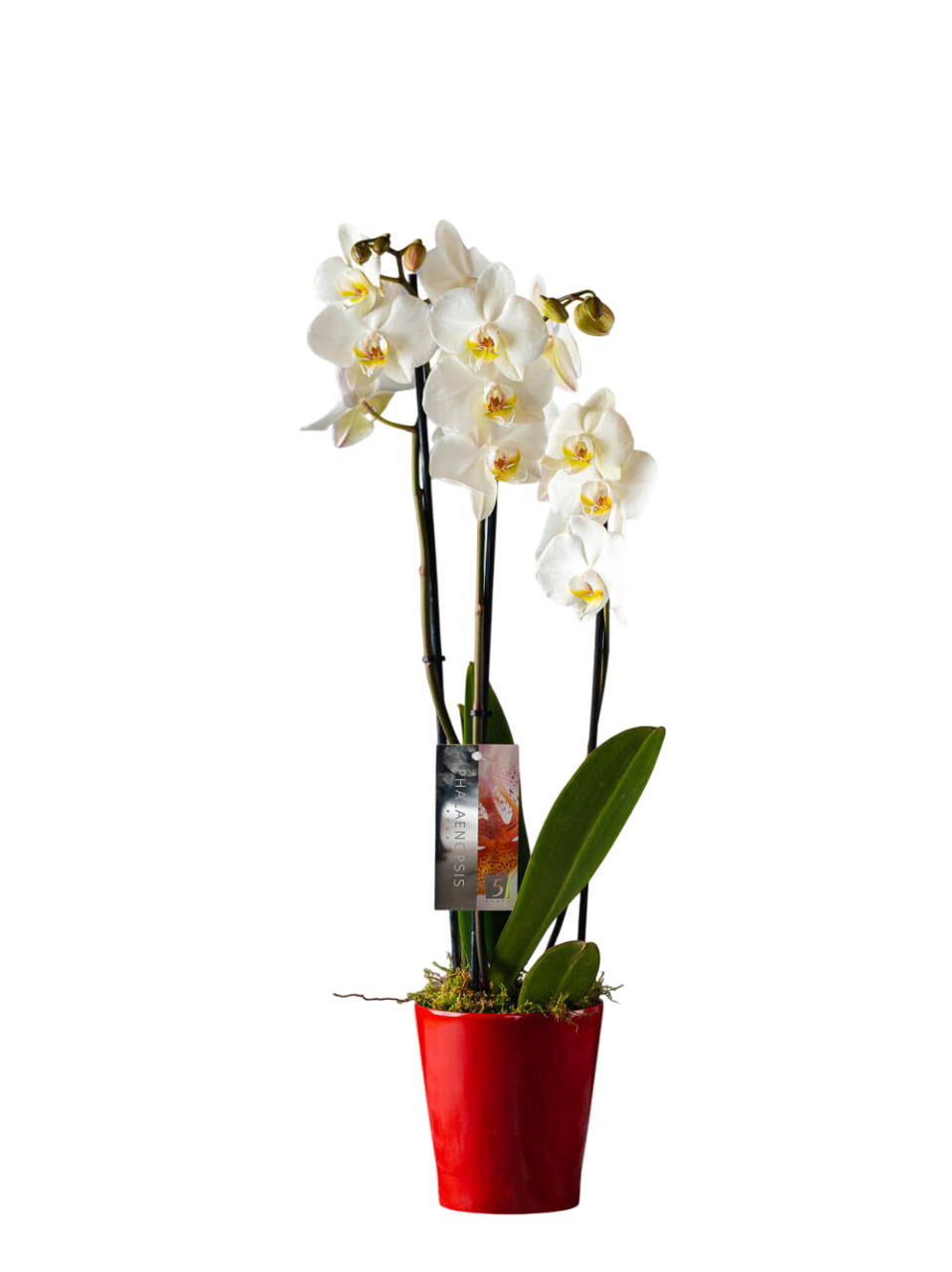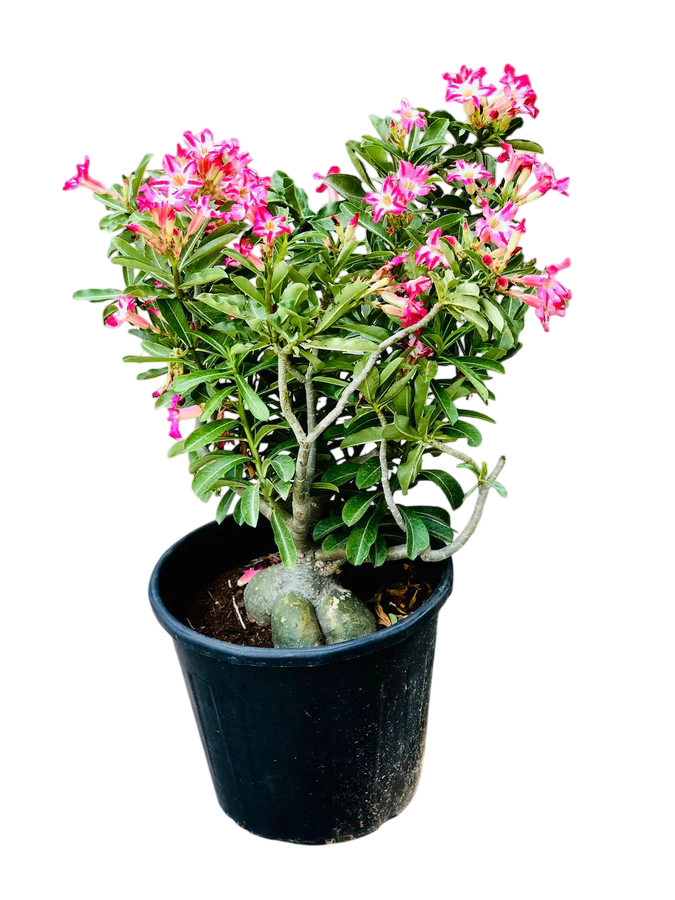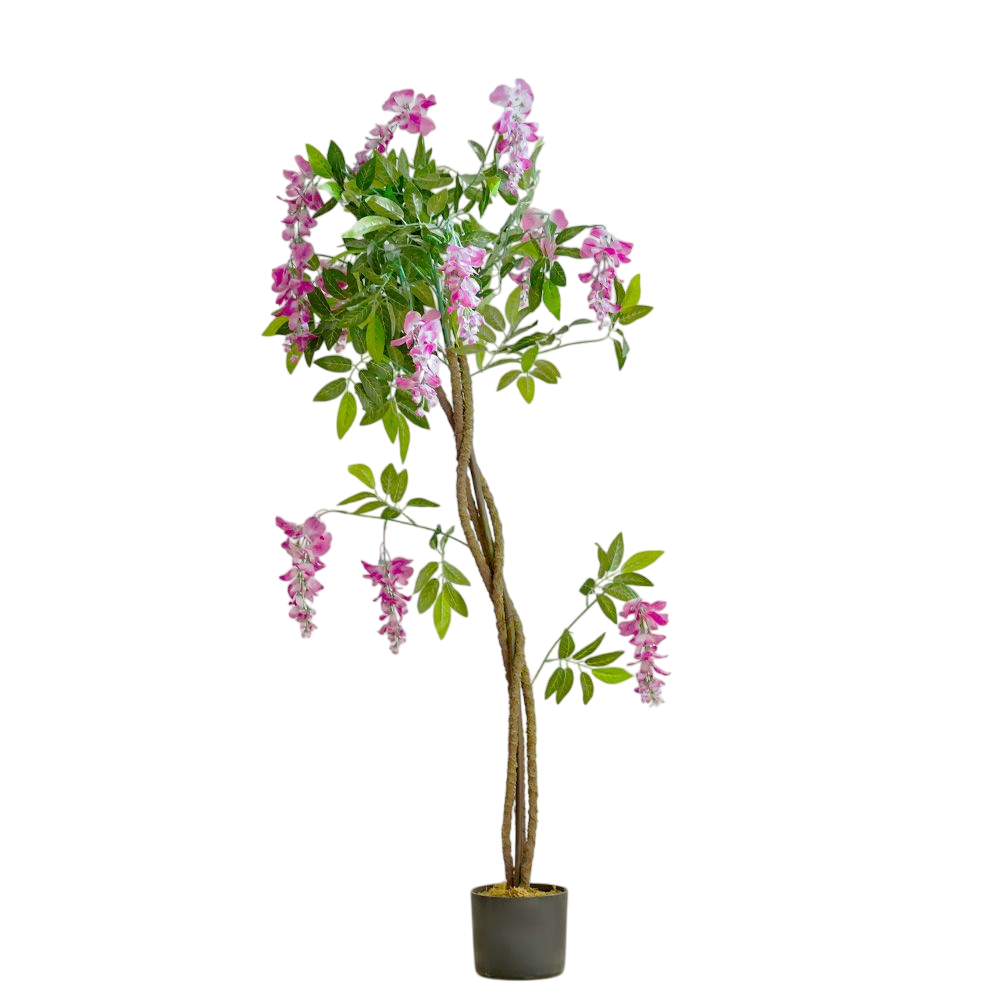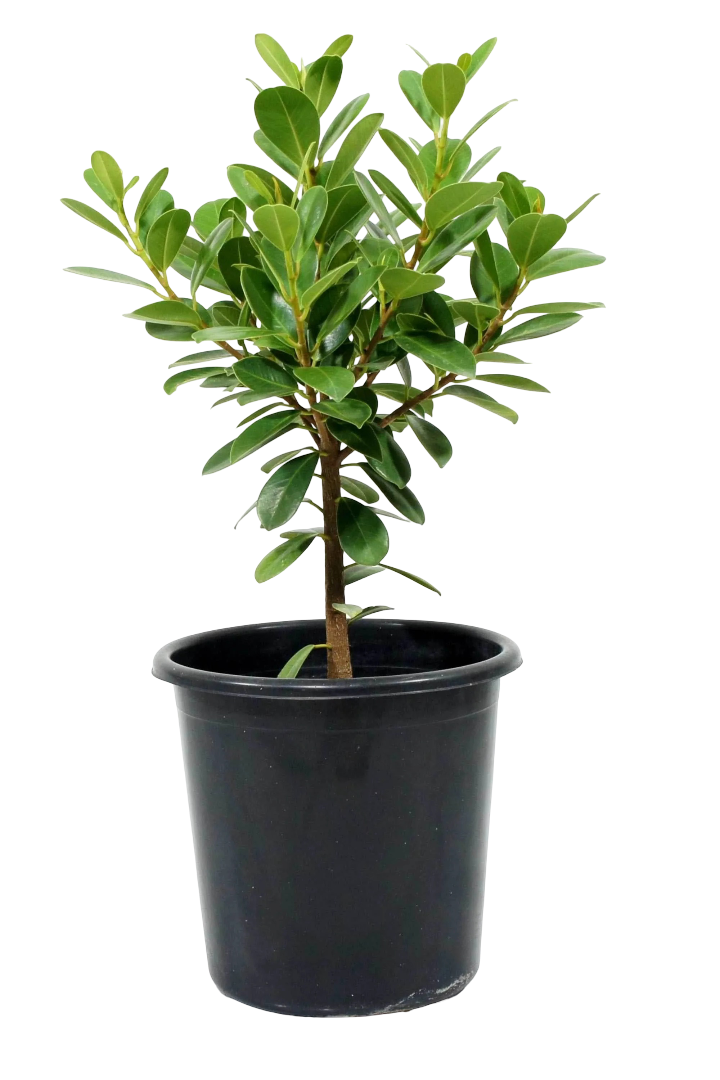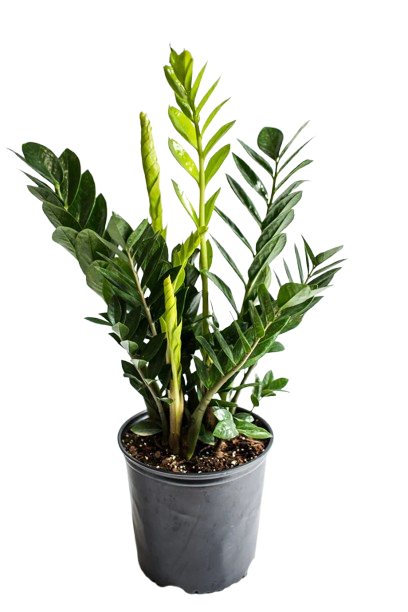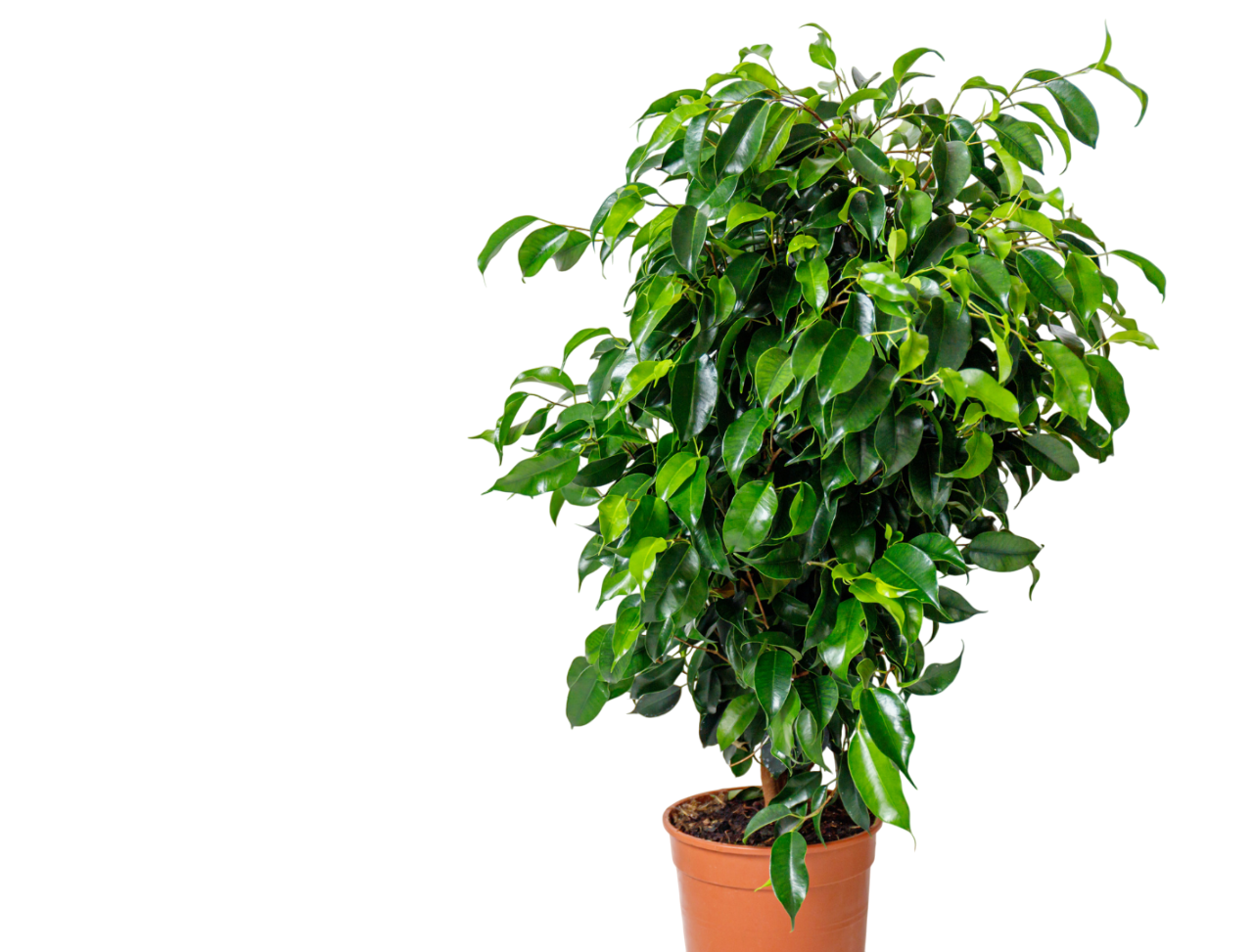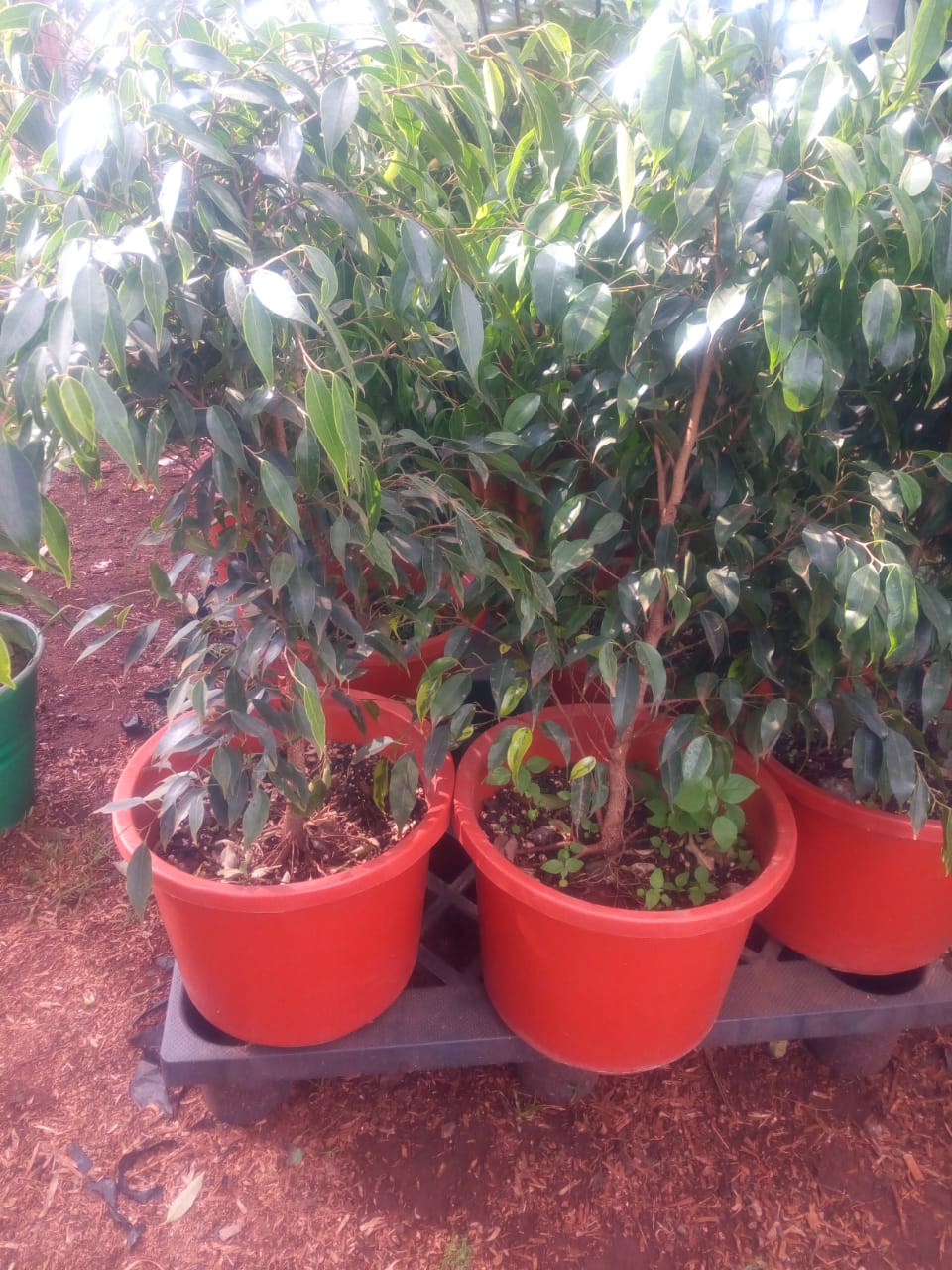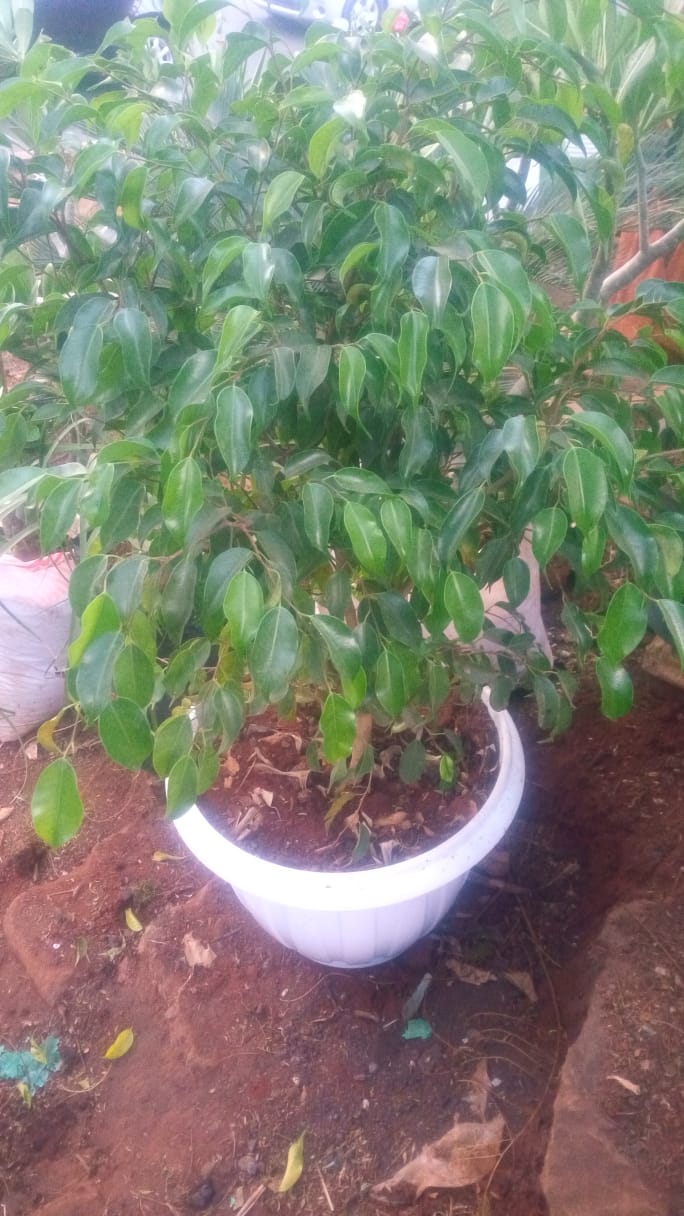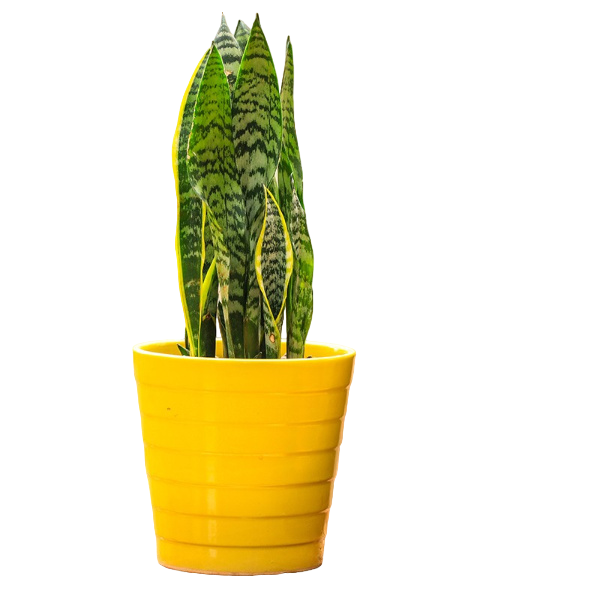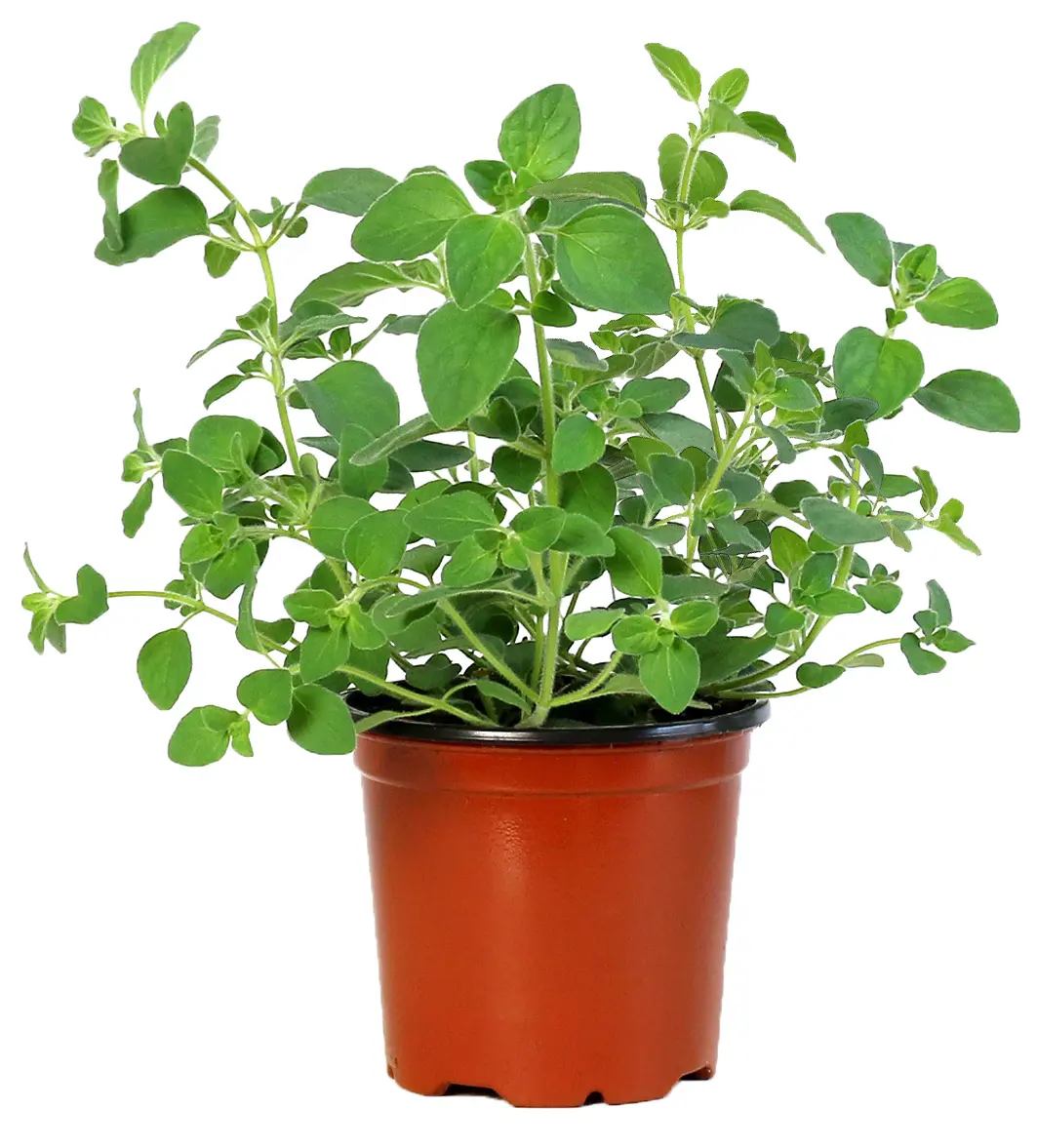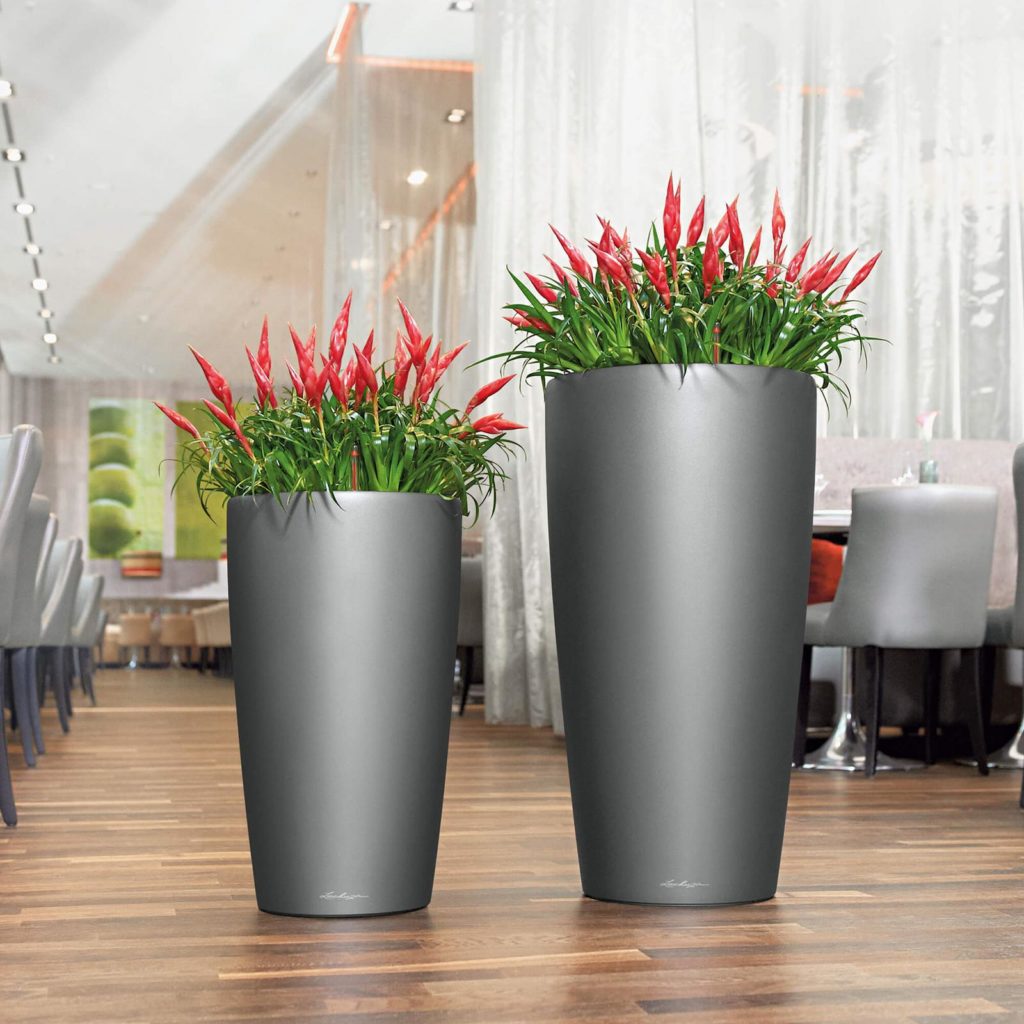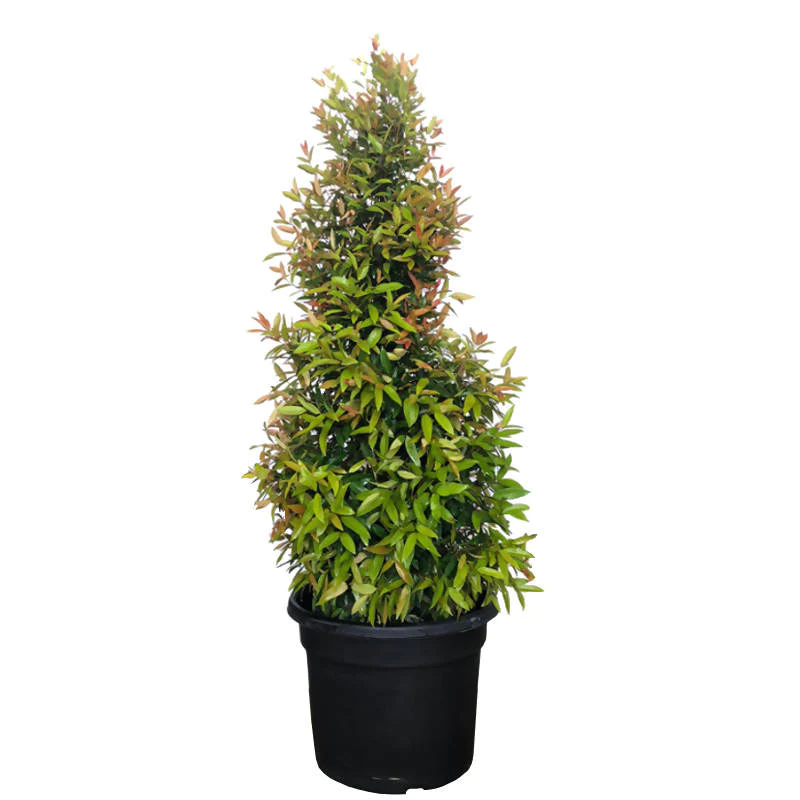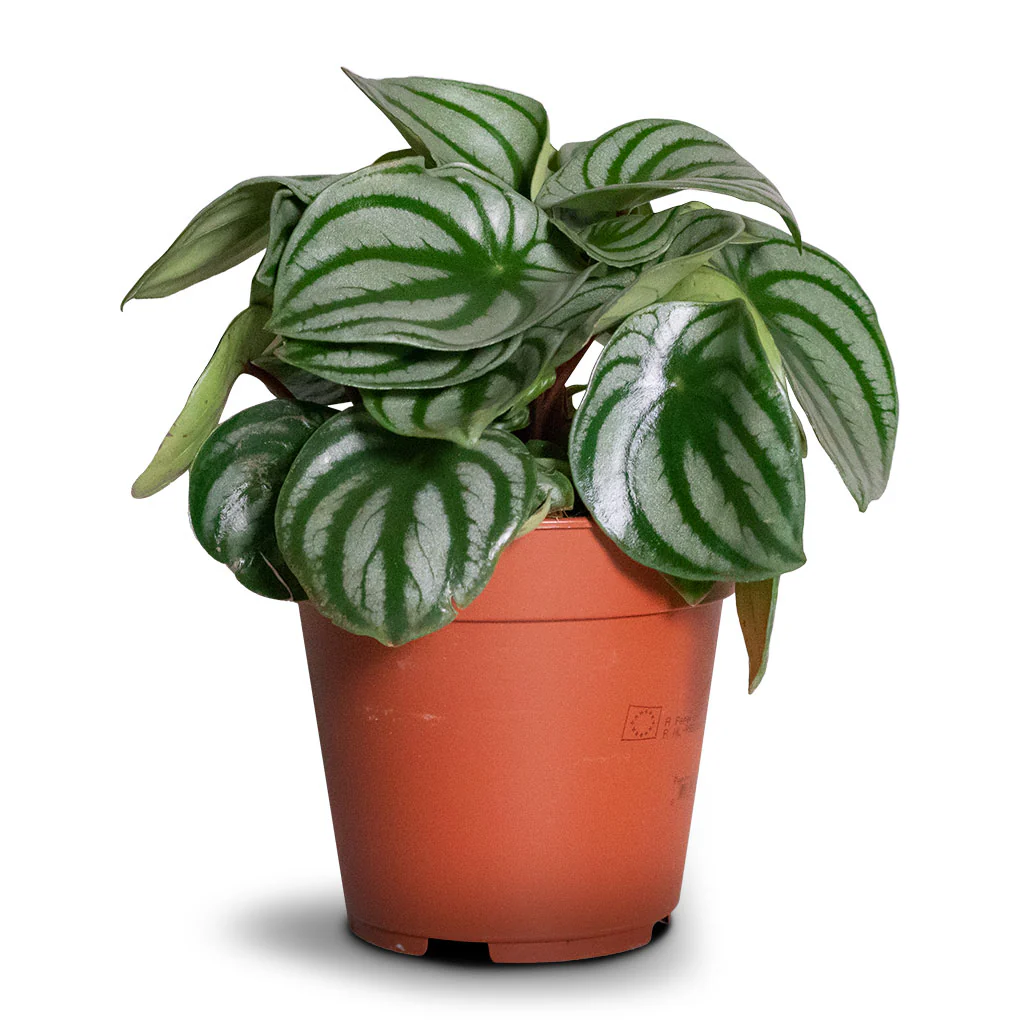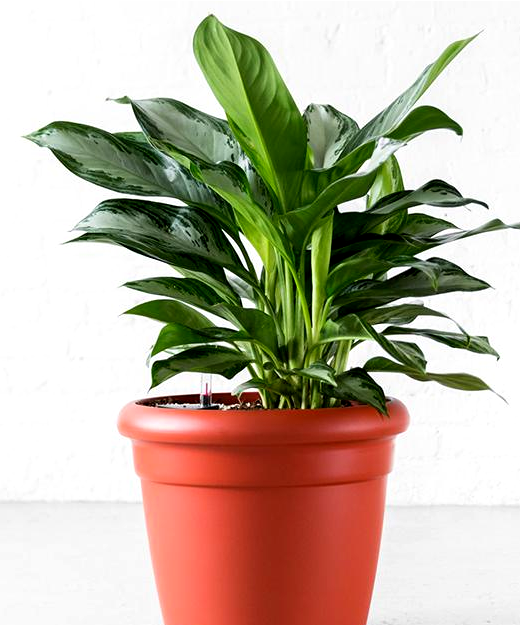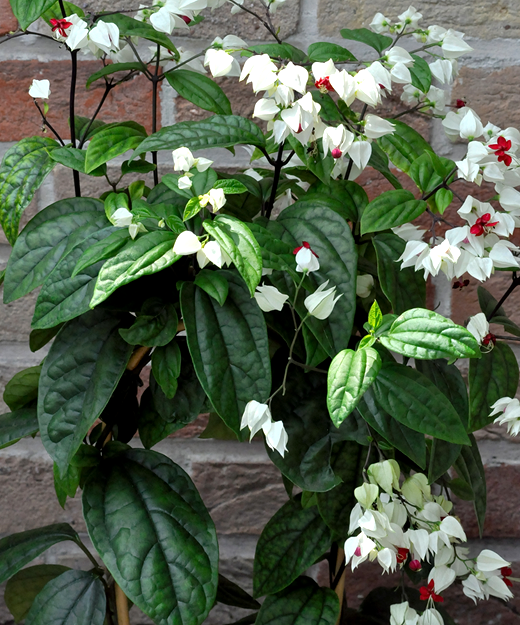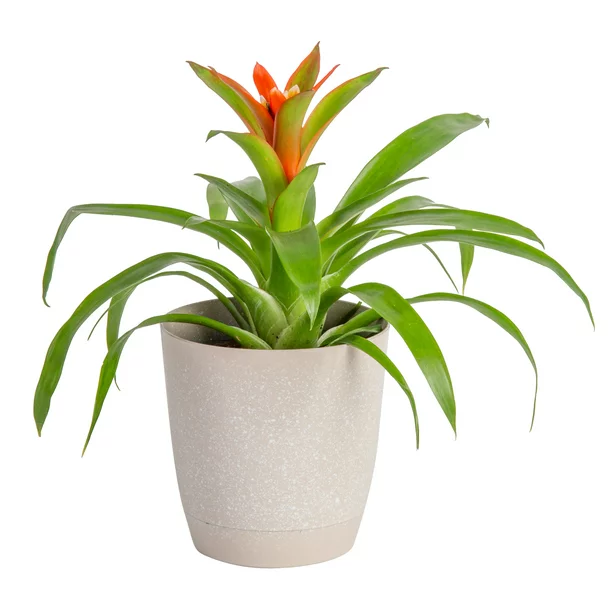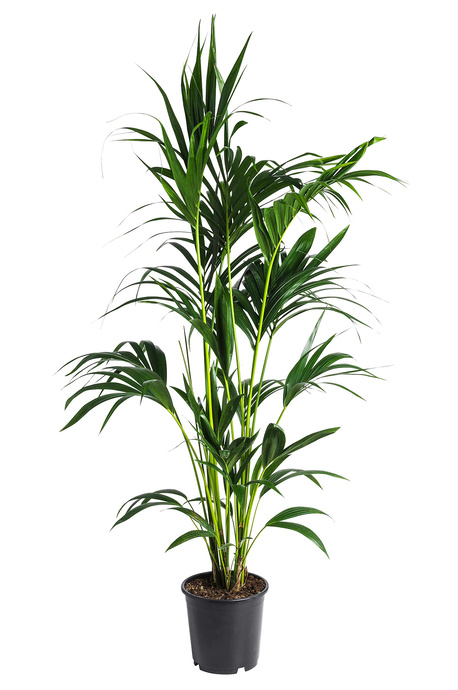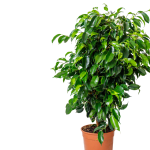Weeping Fig Tree
The weeping fig is part of the Ficus plant genus (scientific name: F. benjamina) and tree like, in looks. With large arching branches and long pointed leaves, it looks attractive indoors (apart from leaves dropping).
Recently Viewed

Calathea
KSh3,300.00
Description
Weeping Fig Tree: Elegant Indoor Foliage
Welcome to the world of the Weeping Fig Tree, an exquisite houseplant that elevates the ambiance of any indoor space. With its lush foliage and cascading branches, the Weeping Fig Tree, scientifically known as Ficus benjamina, is a favorite among plant enthusiasts and interior decorators alike.
Graceful Elegance for Your Home
The Weeping Fig Tree is cherished for its graceful and arching branches, which give it a weeping appearance. Its glossy, deep green leaves create a sense of tranquility, making it a perfect addition to living rooms, offices, and other indoor spaces where you seek a touch of nature’s elegance.
Thriving Indoors with Ease
One of the many reasons the Weeping Fig Tree is a beloved houseplant is its adaptability and low-maintenance nature. Whether you are a seasoned plant enthusiast or a beginner, caring for the Weeping Fig Tree is a breeze.
Planting and Placement
When planting your Weeping Fig Tree, choose a well-draining pot and ensure it has enough room to accommodate its growth. Place it in a location with bright, indirect sunlight. Avoid placing it near drafty windows or in direct sunlight, as it may lead to leaf scorch.
Watering
The Weeping Fig Tree prefers consistently moist soil. Water it when the top inch of the soil feels dry to the touch. Avoid overwatering, as it can lead to root rot. In winter, reduce watering frequency as the plant enters its dormant phase.
Humidity
Native to tropical regions, the Weeping Fig Tree thrives in high humidity. If you live in a dry climate or have low humidity indoors, consider using a humidifier or placing a water-filled tray near the plant to maintain a more suitable environment.
Pruning and Shaping
Pruning your Tree is essential to maintain its shape and encourage bushier growth. Remove any yellowing or dead leaves and trim back leggy branches. Regular pruning also prevents the plant from becoming too tall or sparse.
Fertilization
Feed your Tree with a balanced liquid fertilizer every four to six weeks during the growing season (spring and summer). Follow the manufacturer’s instructions for dilution and application to avoid over-fertilization.
Bringing Elegance Home
The Weeping Fig Tree is more than just an indoor plant; it’s a symbol of elegance and natural beauty. Buy the plant now and elevate the aesthetics of your home. With proper care and attention, this delightful houseplant will thrive and add a touch of grace to your indoor oasis.

